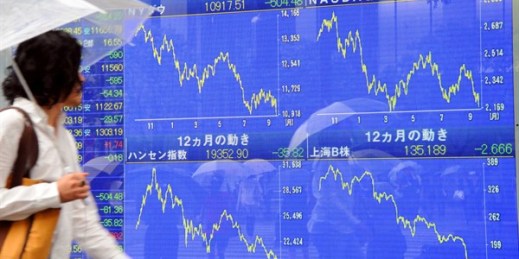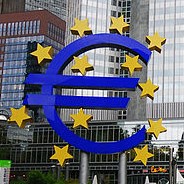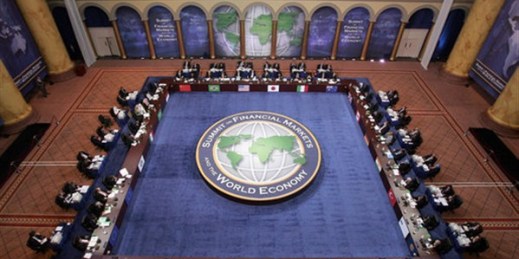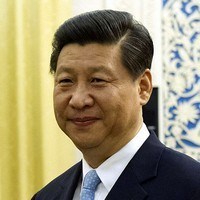
Editor’s note: The following article is one of 30 that we’ve selected from our archives to celebrate World Politics Review’s 15th anniversary. You can find the full collection here. It’s been almost five years now since the global financial and economic crisis formally began with Lehman Brothers’ filing for Chapter 11 bankruptcy on Sept. 15, 2008. In today’s fast-paced, high-tech, hyperconnected world, five years is an eternity. In autumn of that year, the iPhone was barely one year old and only in its second iteration. No one had ever shared a photo of their dessert on Instagram because the service was […]









